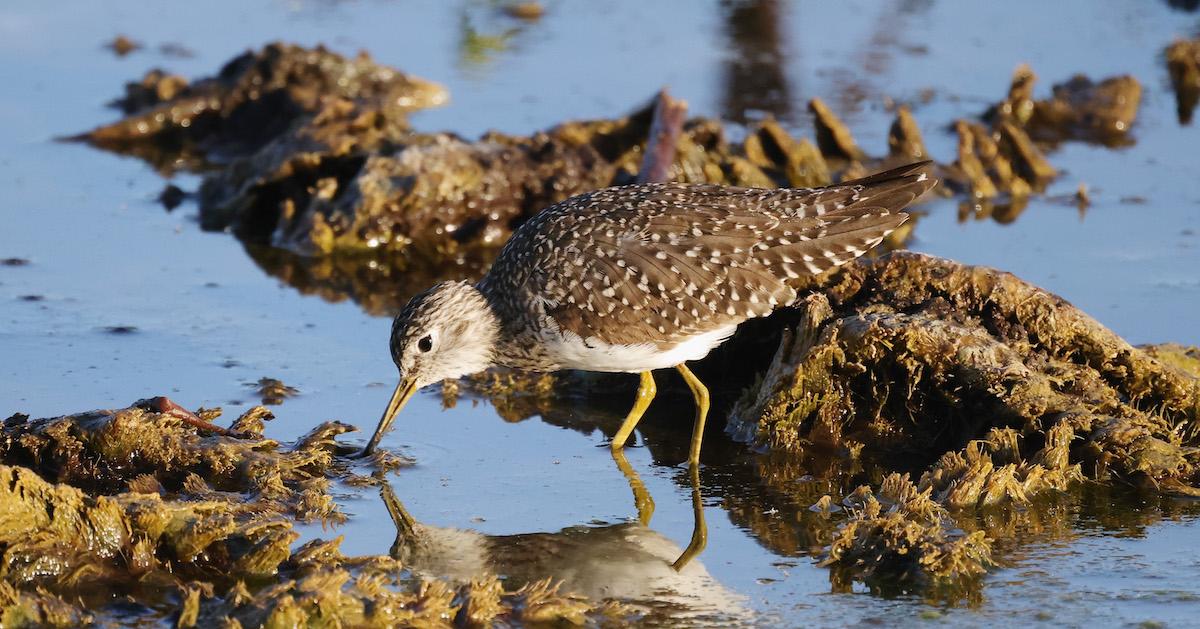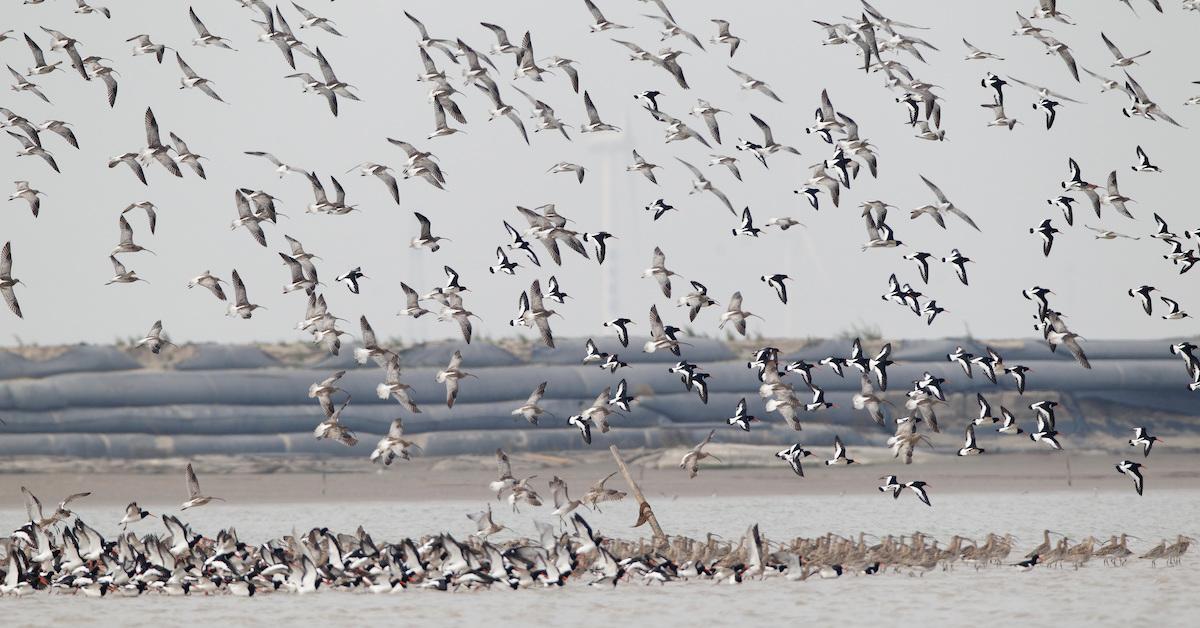Climate Change Takes a Nasty Toll on Bird Migration, Studies Show
Updated Oct. 25 2022, 2:54 p.m. ET

Global warming affects all aspects of life on earth — the air we breathe, agricultural systems, rainforests, and even bird migration. Yes, climate change affects bird migration in more ways than one. With warmer temperatures earlier in the year and less water, the timing of their travels, as well as their paths, are greatly affected.
In fact, some scientists think that pretty soon, birds might not even migrate at all.
"Human-induced climate change has begun to affect our planet and the organisms that live on it. Many migrating birds are very sensitive to environmental changes and are already being affected by climate change," reads an excerpt from the website World Migratory Bird Day. "Increasing temperatures, changing vegetations and extreme weather conditions lead to significant changes of the birds’ essential habitats."
"In many cases these are likely reasons for the decline of bird populations and changes in migration patterns," it continues. "Climate change is likely to impact migratory birds in a number of different ways... Increased storm frequency, lowered water tables, higher drought frequency, sea level rise and habitat shifts resulting from climate change could all have a dramatic impact on migratory birds."

California's drought is disrupting migratory birds' journey.
Birds migrating from California at the end of October are going to have a much different, more treacherous experience than birds in year's past. According to SF Chronicle, many local bird species, such as the white-faced ibis, rely on ponds and marshes as stopping points to rest and rehydrate. But most of those wetlands have been dried up — which means these birds touch down momentarily before flying again, without really resting.
“A lot of the birds are just bypassing the mid-continent and going straight to the Central Valley, but there’s not a lot of habitat to support them there either,” UFWS biologist John Vradenburg stated, per SF Chronicle. “Wetland availability is just really low (everywhere) right now. This landscape (level) drying is a phenomenon we haven’t really seen probably since the 1930s, the Dust Bowl.”
This could lead to starvation, disease, vulnerability to predators, and reproductive issues.
With California's driest three-year record, which followed a five-year drought, scientists worry the risks of this will only increase.
“In a lot of ways, the (birds) are built to handle drought,” Jeff McCreary, western director of operations for conservation and hunting advocacy group Ducks Unlimited stated. “If the drought continues years on end, though, it will start to outpace the ability of the birds to respond.”

Warmer temperatures earlier in the year also take a toll on migratory birds.
As we know, spring has been starting earlier and earlier, as a result of climate change — and this is taking a serious toll on birds traveling back from their warm southern winters. According to Audubon, birds have started migrating earlier as temperatures continue to rise. In fact, certain species, such as the black-throated Blue Warbler, have started migrating a full week earlier than they did only a handful of decades ago.
These "false springs" can pose a serious risk to birds. Plants that start growing on the early side risk being frozen by icy temperatures as a result. If this is what ends up happening, certain species of birds may miss out on important food resources, or they may become aggressive towards other birds, in order to defend limited resources.
Birds can also be killed by cold snaps, and losses are most prominent among migratory species. As a result, those birds' predators suffer from lack of food, the bugs they eat become more pervasive... and so on.